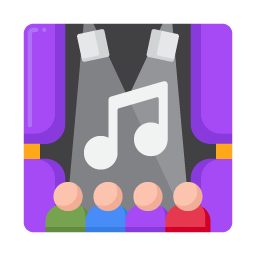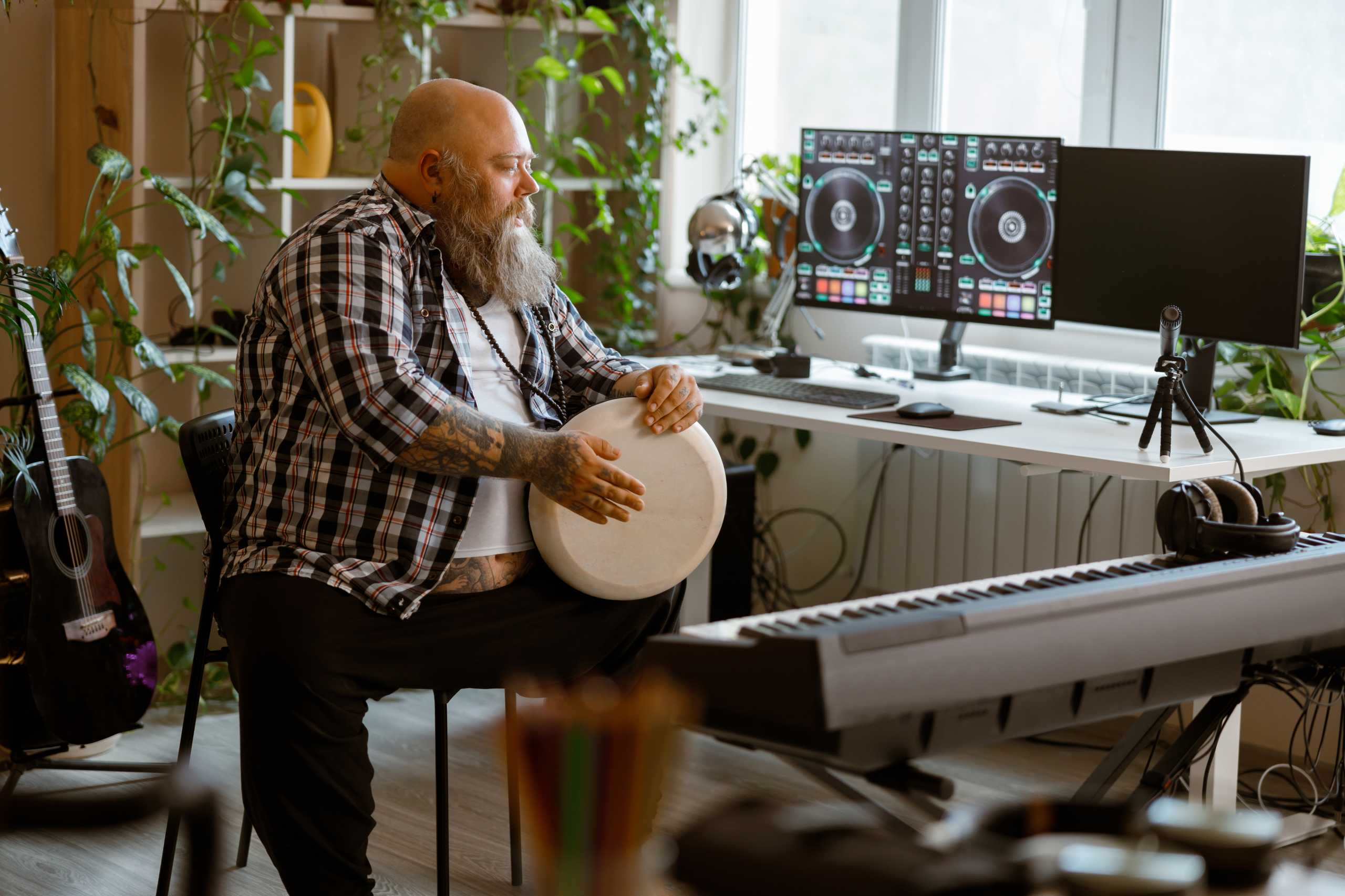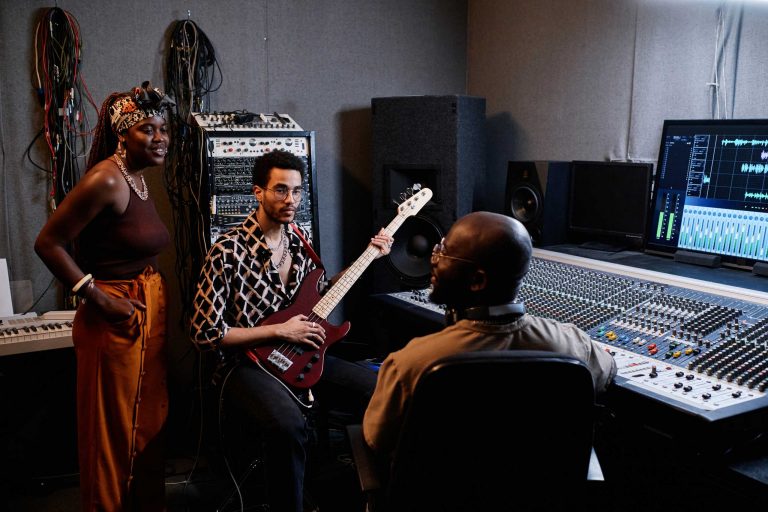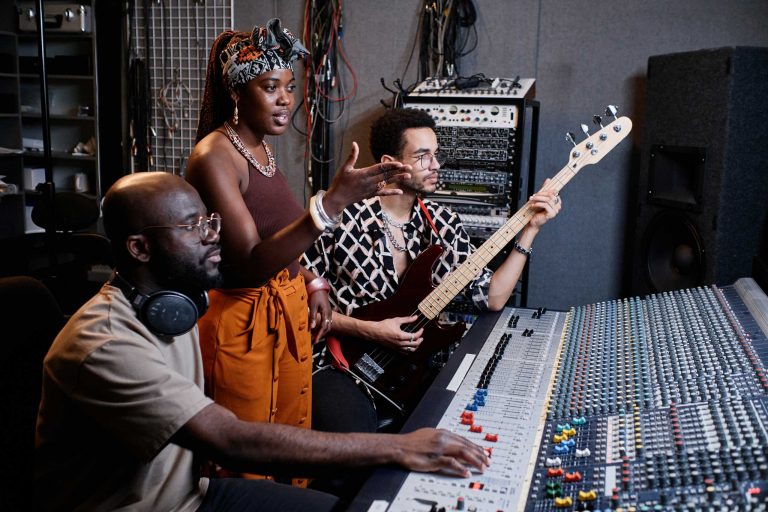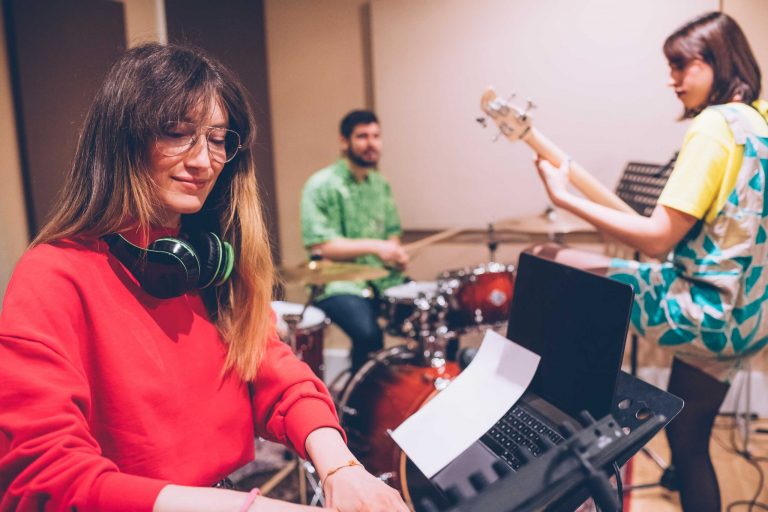Many people dream of playing music — but wonder if it’s really worth the effort. You might think learning notes and scales is just a hobby, or that it’s too late to start. Yet, music is far more powerful than most imagine. It transforms not only your skills, but your mind, emotions, and even your way of living.
Why is music such a life-changer? Let’s explore what really happens when you commit to learning music — and how it can open doors beyond the instrument itself.
The Myth of Talent: Anyone Can Learn
A common barrier is the belief that musical talent is something you’re born with. This “myth of talent” stops many before they begin.
The truth is, music is a skill — like riding a bike or cooking a meal. Practice, patience, and the right guidance matter far more than innate talent.
With consistent effort, your brain rewires itself. You develop muscle memory, ear training, and a deeper understanding of sound. This growth happens step by step — not overnight, but steadily.
Understanding this mindset shift frees you from the pressure of “being perfect” and lets you enjoy every moment of learning.
Beyond Notes: How Music Shapes Your Brain
When you learn music, your brain is working in unique ways. Research shows that musicians often have enhanced memory, better concentration, and improved problem-solving abilities.
Playing music requires reading, listening, and coordinating movements simultaneously. This multitasking boosts cognitive flexibility — the ability to switch between tasks smoothly.
Music also stimulates both hemispheres of your brain. While the left side processes logic and patterns, the right side handles creativity and emotion. This balanced activity promotes mental agility, which can benefit other areas of life like language learning, math, or even social skills.
In short, learning music is like a gym workout for your brain — keeping it strong and sharp.
Emotional Power: Music as Expression and Healing
Music speaks where words often fail. It taps into feelings deeply, offering a way to express joy, sorrow, hope, or frustration.
When you compose or play, you’re not just producing sound — you’re telling a story. This emotional release can reduce stress, improve mood, and increase self-awareness.
For many, music becomes a source of comfort during hard times and a celebration during good ones. It’s a universal language that connects us to ourselves and others on a profound level.
Music Builds Connection
Beyond personal benefits, music creates community.
Joining a band, attending workshops, or simply sharing your progress with others builds social bonds. Music helps people collaborate, communicate, and celebrate together.
For those who might feel isolated or shy, music offers a bridge to new friendships and shared experiences.
This sense of belonging nurtures confidence and motivation — essential ingredients for lifelong learning.
Discipline and Growth: Lessons Beyond the Instrument
Learning music isn’t just about mastering chords or rhythms. It’s a lesson in patience, discipline, and goal-setting.
Regular practice teaches you how to manage time, handle frustration, and celebrate progress, no matter how small.
These skills translate into everyday life, helping you become more focused and resilient in school, work, or personal projects.
So, Where Do You Start?
If all this sounds exciting but overwhelming, remember — every expert began as a beginner.
At Music Lab Workshop, we guide you through every step with clear, enjoyable lessons tailored to your pace and interests.
Whether you want to understand theory, master an instrument, or compose your own songs — we’re here to help you grow.
Music isn’t just learning notes — it’s a transformative journey that shapes who you are. Start your journey today, and discover the power of music in your life.
